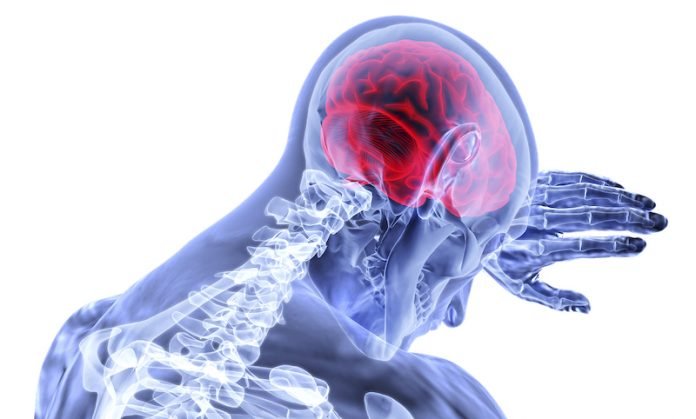
In a new study, researchers found that people with Type 2 diabetes, but not those with pre-diabetes, had worse cognitive performance three to six months after a stroke than those with normal fasting blood sugar levels.
The research was conducted by a team at UNSW in Australia.
Previous research has found that stroke patients with a history of Type 2 diabetes have worse cognitive function compared to stroke patients without Type 2 diabetes.
In this study, the team wanted to know if stroke patients with prediabetes also have worse cognitive function compared to stroke patients without prediabetes or diabetes.
This is important because prediabetes is very common, and individuals can have prediabetes for several years before progressing to Type 2 diabetes.
Early and aggressive treatment of prediabetes can delay or prevent Type 2 diabetes.
The researchers combined data from 1,601 stroke patients who participated in one of seven international studies from six countries.
Almost all had clot-caused strokes, and a variety of cognitive functions were assessed between three to six months after the stroke.
Patients’ fasting blood sugar levels measured at hospital admission and medical history were used to define Type 2 diabetes and prediabetes.
The researchers found:
Compared to patients with normal fasting blood sugar, those with Type 2 diabetes scored significantly lower in different areas of cognitive function, including memory, attention, speed of processing information, language, visual ability to copy or draw shapes or figures or lines, mental flexibility, and executive functioning.
Patients with prediabetes did not score significantly worse than those with normal blood sugar in any areas of cognitive function.
The team says type 2 diabetes increases the risk of stroke and has been associated with cognitive impairment and may increase dementia risk.
That’s why Type 2 diabetes is another important target in the prevention of dementia, and the focus should be on early treatment for prediabetes to delay or prevent the progression to Type 2 diabetes.
The lead author of the study is Perminder Sachdev, M.D., Ph.D., Scientia professor at UNSW Sydney’s Centre for Healthy Brain Ageing (CHeBA) in Kensington, Australia.
The study is published in Stroke.
Copyright © 2020 Knowridge Science Report. All rights reserved.



